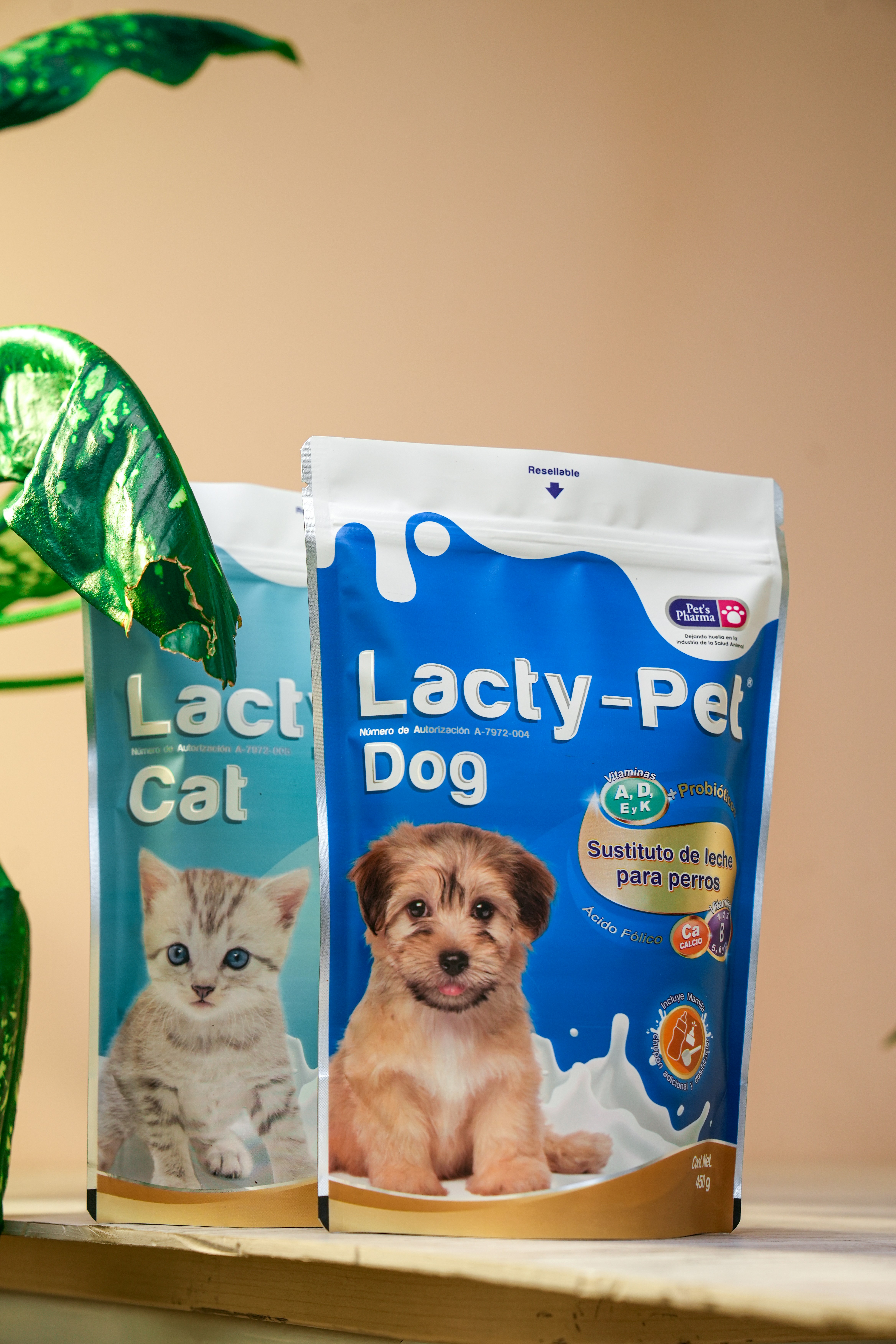
Understanding Saudi Arabia’s New Halal Certification Regulations
In recent years, Saudi Arabia has implemented new halal certification regulations to standardize and enhance the integrity of halal products in the market. These regulations are pivotal in addressing consumer concerns regarding halal authenticity, thus promoting trust among consumers and ensuring compliance with religious and ethical standards. The primary objective of these regulations is to maintain the quality and reliability of halal products, an essential aspect for both local and international consumers who demand assurance about the food they consume.
The new regulations introduce several key changes to the certification processes in the country. One significant alteration is the requirement for dual certification of production lines that cater to both halal and non-halal products. This dual approach aims to mitigate cross-contamination risks and enhance the credibility of halal offerings. Additionally, the oversight responsibilities are now more rigorously defined, with specific roles attributed to regulatory bodies such as the Saudi Food and Drug Authority (SFDA) and the Saudi Standards, Metrology and Quality Organization (SASO). These authorities are tasked with ensuring compliance, conducting regular audits, and providing guidance to organizations seeking halal certification.
For businesses in the food and beverage sector, these changes present both challenges and opportunities. Companies must adapt their production processes to align with the new regulations, ensuring that they meet the stringent criteria outlined by the regulatory bodies. Failure to comply could result in the loss of certification, impacting access to the lucrative halal market not just in Saudi Arabia, but also in regions where halal certifications are required for market entry. Consequently, businesses equipped to swiftly adjust their operations may find themselves well-positioned to capitalize on the growing demand for certified halal products in an ever-expanding global marketplace.
The Importance of Double-Certified Production Lines
In an increasingly competitive market, OEM factories are tasked with meeting the diverse demands of their consumers. One of the most effective ways to achieve this is through double-certified production lines, which integrate both halal and internationally recognized quality certifications. These dual certifications not only ensure compliance with regulations but also enhance the credibility of the products offered, appealing to a broader audience.
The halal market has witnessed substantial growth, driven by consumer awareness and demand for products that align with their values and dietary restrictions. By obtaining halal certification, OEM factories can cater to this specific demographic, establishing trust among consumers and delivering them assurance that their products meet stringent halal standards. Simultaneously, acquiring international quality certifications, such as ISO or HACCP, demonstrates a commitment to high production standards that resonate globally. This combination positions factories as leaders in quality and compliance, thus enhancing their competitive edge.
From an operational standpoint, double-certified production lines can improve efficiency and reduce waste, as they often require factories to implement standardized processes. The higher operational efficiency translates into cost savings, allowing businesses to invest in further innovation and expansion. Financially, the broader market reach facilitated by being double-certified opens the door to new revenue streams, as factories can explore export opportunities and partnerships in diverse markets.
Furthermore, the adoption of double certifications aligns with the growing global trend toward transparency and quality assurance. As consumers increasingly seek products that adhere to recognized standards, OEM factories with double-certified production lines position themselves favorably within the marketplace. Hence, embracing this strategy is no longer merely advantageous; it is essential for long-term viability and success in an evolving economic landscape.
Market Dynamics: Seizing the $137 Million Opportunity
The halal market in Saudi Arabia presents a significant opportunity for Original Equipment Manufacturer (OEM) factories, tapping into a projected $137 million market. The recent implementation of new halal regulations has invigorated this sector, aligning production practices with consumer demands for compliance and authenticity. The halal certification process entails rigorous standards, which can enhance the credibility of OEM products, thereby serving as a competitive advantage within the industry.
According to recent analyses, the halal consumer market within the region is witnessing substantial growth. Notably, the increasing awareness of halal ingredients among health-conscious and ethically minded consumers is driving demand not only for food products but also for cosmetics, pharmaceuticals, and household goods. This indicates a broadening of the halal market, presenting OEM factories with diversified opportunities to expand their product lines.
Moreover, market dynamics are influenced by changing consumer preferences, particularly among the younger demographics that favor brands with ethical and cultural alignments. OEM manufacturers can capitalize on this trend by forging strategic partnerships with local businesses and stakeholders to streamline their supply chains and enhance distribution channels. Collaborations with certifying bodies and retailers that specialize in halal products can also facilitate market entry and increase brand visibility.
Key players in the halal industry, including suppliers, distributors, and manufacturers, are positioning themselves to adapt to the evolving regulatory landscape. By investing in double-certified production lines, OEM factories can ensure they meet both local and international standards, thus enhancing their attractiveness to prospective clients and consumers seeking high-quality halal products. In summary, as the halal market continues to expand, it presents OEM factories an unparalleled opportunity to innovate and drive growth within this lucrative sector.
Strategic Steps for OEM Factories to Ensure Compliance and Success
To effectively navigate the new halal regulations and seize the opportunities presented in the $137 million market, OEM factories must adopt strategic steps. A crucial first step is to ensure that all staff members are adequately trained in halal compliance. This training should cover not only the fundamental principles of halal but also the specific requirements outlined in the new regulations. This approach guarantees that every employee understands the importance of their role in maintaining halal standards throughout the production process.
Next, OEM factories should evaluate and, if necessary, adjust their production processes to ensure they align with the dual certification requirements. This involves conducting a thorough review of current manufacturing practices, materials sourcing, and supply chain management to identify areas that may need adjustment. Implementing track-and-trace systems can also help in maintaining transparency and ensuring that all products meet halal specifications from raw material acquisition to finished goods.
Selecting the right certification bodies is another vital aspect of compliance. OEM factories should conduct research to identify reputable certifying organizations that are recognized both locally and internationally. Building a relationship with these certification bodies will facilitate smoother audits and help in understanding the evolving regulatory landscape. Regular communications can lead to valuable insights into changes and updates in halal standards.
Furthermore, fostering relationships with stakeholders—including suppliers, customers, and local regulatory bodies—can enhance the compliance experience. Engaging with stakeholders will help OEM factories build trust and credibility in their halal offerings. Stakeholder feedback can also be an invaluable resource for continuous improvement. By following these best practices and maintaining a focus on compliance, OEM factories can optimize their operations, ultimately maximizing profitability in the halal market while ensuring they adhere effectively to the new regulations.




